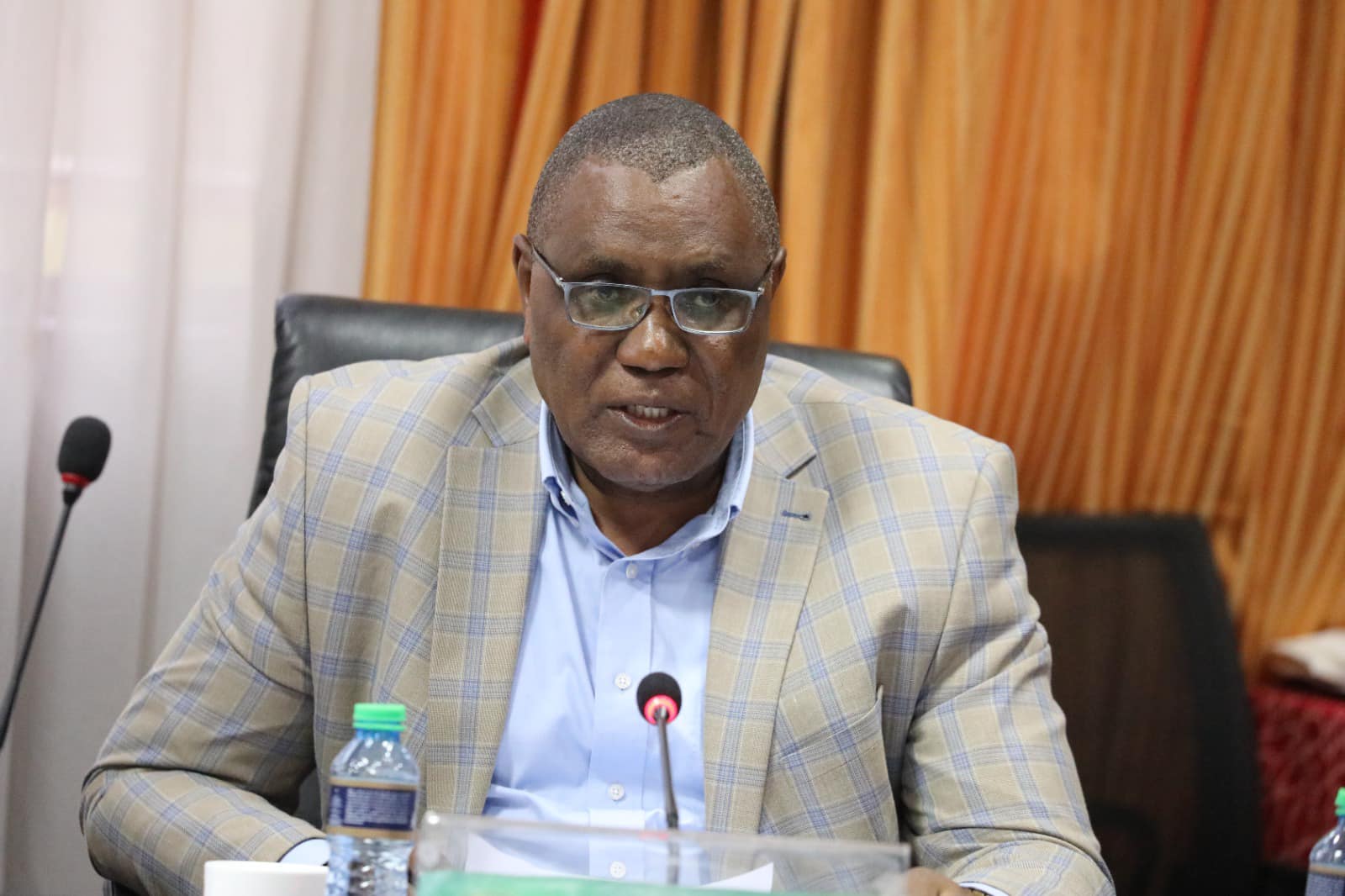
Stabilisation of the economy, boosting local borrowing and digital payments regulations took the centre stage at the vetting of nominees for Central Bank of Kenya (CBK) board.
This even as the past roles of one of the nominees came to haunt her application to sit on the board of the Apex bank.
While appearing before a joint committee of the Finance and Planning (National Assembly) and the Finance and Budget (Senate), Sophie Moturi, a nominee, found herself on the receiving end.
Her stint as a commissioner in the Salaries and Remuneration Commission (SRC) became the centre of debate after claiming she was ‘was proud of the work she undertook as a commissioner.’
Moturi, noted that as commissioners, they took job evaluation for all the cadres of the civil service, including parliament.
However, this did not go down well with the members of the joint committee.
“You failed as Salaries and remunerations Commission. Apart from harassing MPs, SRC is not known for anything better,” said Kitui Rural member of parliament David Mboni.
Session chair Benjamin Lagat, who is the MP for Ainamoi waded in the conversation adding that apart from reducing the salaries of the Ward reps, there was nothing tangible achieved by the commission.
Turkana South MP John Ariko questioned what criteria were being used in the job evaluation and how they measured the representation of Members of Parliament.
“SRC was created to manage the wage bill of this country. There is no reduction of the wage bill. What criteria were being used in job evaluation, including the responsibility of that MP under Article 95? How do you measure the representation of MPs?” Ariko posed.
However, Moturi defended herself, charging that at the time of joining SRC, the wage bill was at 51.5 per cent and by the time their term ended, the wage bill had come down to 39 per cent.
“We did our work as a commission, not as individuals. We carried out job evaluation, which was a thorough process, a time-consuming and expensive exercise,” said Mrs Moturi.
The nominee was also put to task on what she will do to save the country’s financial landscape. She noted that financial and fiscal policies must complement monetary measures to address economic fluctuations.
Moturi, a seasoned banking and finance professional with over 30 years of experience and a Master’s degree in Banking and Finance, argued that relying solely on monetary policies is insufficient.
She pledged to advocate for integrated financial strategies leveraging technology if approved for the board.
“Financial policies should be taken on board. It is possible to achieve that through technology and relevant amendments brought before Parliament for approval,” she said.
“Financial policies should be taken on board. It is possible to achieve that through technology and relevant amendments brought before parliament for approval,” she said.
The second Nominee, Abdullahi Mohamed Abdi, told the joint committee of parliament that, should he be approved, he would encourage innovation and payment systems and cross-border payments.
“Sometimes payments take too long. However, we already have Digital lending and digital currencies. The Board will create a conducive environment for innovation so that payment systems are seamless and efficient,” said Abdi.
The third nominee Beatrice Kosgei, said there is a need to have adequate policies in the banking sector, supervision and penalties to ensure the policies work.
"There are 38 commercial banks in the country. As a board, we will ensure that we supervise the banking policies that have been put in place,” said Kosgei.
Asked on the payment of non-performing loans, Kosgei said that already CBK has put in stringent regulations, adding that banks should know their customers.
“Banks should know their customers. Is the person borrowing going to pay? CBK should improve more on its supervisory role to ensure that banks do not have non-performing loans,” she said.
The other nominee who was vetted was David Osawa Owuor.









